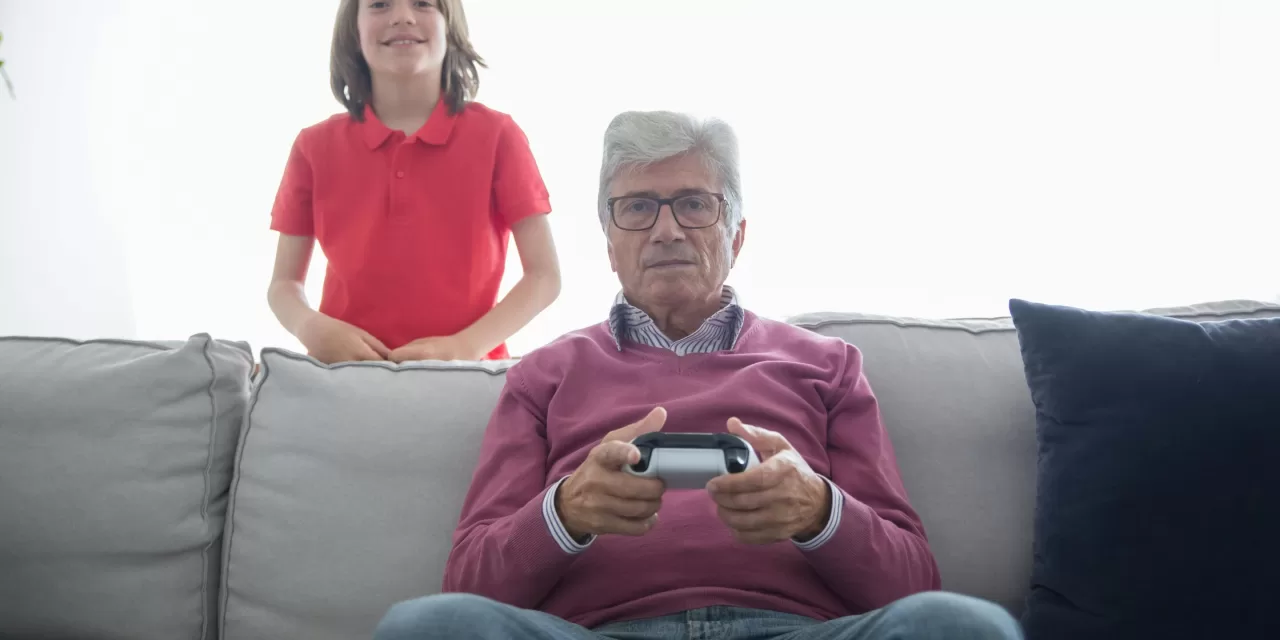A recent large-scale study has uncovered surprising insights into how video games and exercise impact cognitive performance and mental health. According to findings from the Brain and Body study, playing video games significantly boosts cognitive abilities, while exercise contributes to improved mental well-being—though these effects do not overlap.
This research, a collaboration between Western University and the Science and Industry Museum for the Manchester Science Festival, sheds new light on the distinct ways in which different activities affect the brain. The study is published as a preprint on PsyArXiv and involved more than 2,000 participants from around the world, each completing a lifestyle survey and a series of Creyos online brain games designed to measure various aspects of cognition such as memory, attention, and verbal abilities.
Led by Western University’s renowned neuroscientist Adrian Owen, the study revealed that playing video games had a positive effect on cognition but did not influence mental health. Conversely, engaging in physical activity improved mental well-being but had no effect on cognitive performance.
“Playing video games was associated with improved cognitive abilities but not better or worse mental health, whereas more physical activity was associated with improved mental health but not better or worse cognitive health,” Owen explained, highlighting the distinct benefits of each activity.
Cognitive Benefits of Video Games
Among the 1,000 participants who completed all tasks, those who frequently played video games—defined as five or more hours per week—performed cognitively like individuals 13.7 years younger. Even those who played less frequently saw benefits, performing similarly to those 5.2 years younger.
This cognitive boost from gaming suggests that regular engagement with video games could potentially slow cognitive aging, a finding that could have far-reaching implications for individuals looking to maintain cognitive sharpness as they age.
Physical Activity and Mental Health
The study also confirmed the mental health benefits of physical activity, in line with the World Health Organization’s (WHO) recommendation of at least 150 minutes of exercise per week. Participants who met or exceeded these guidelines were 12% more likely to report no symptoms of depression and 9% more likely to experience no anxiety. Importantly, the data suggest that even mild physical activity can have a significant impact on mental well-being, particularly for those with minimal or mild symptoms.
The Brain-Body Connection
While it’s common knowledge that stress can manifest in physical symptoms, or that steady breathing can calm the mind, the intricate relationship between brain and body remains poorly understood. The Brain and Body study is a step toward building a clearer understanding of how lifestyle factors like video gaming and exercise contribute to brain health.
“The results of this study could help all of us choose activities that promote healthy cognitive aging,” said Owen.
Owen will present the study’s full findings on October 19 during the Manchester Science Festival, where visitors can also participate in a follow-up pilot study. This new phase will investigate short-term cognitive benefits from gaming and exercise, adding further depth to the long-term findings from the original research.
For those attending the festival, Owen will also offer insights into how the brain processes sound and light in an artistic commission by the Squidsoup collective, featuring a striking display of LED lights inspired by Piet Mondrian.
More Information:
Conor J. Wild et al, Characterizing the Cognitive and Mental Health Benefits of Exercise and Video Game Playing: The Brain and Body Study, PsyArXiv (2024). DOI: 10.31234/osf.io/hdj9r.











